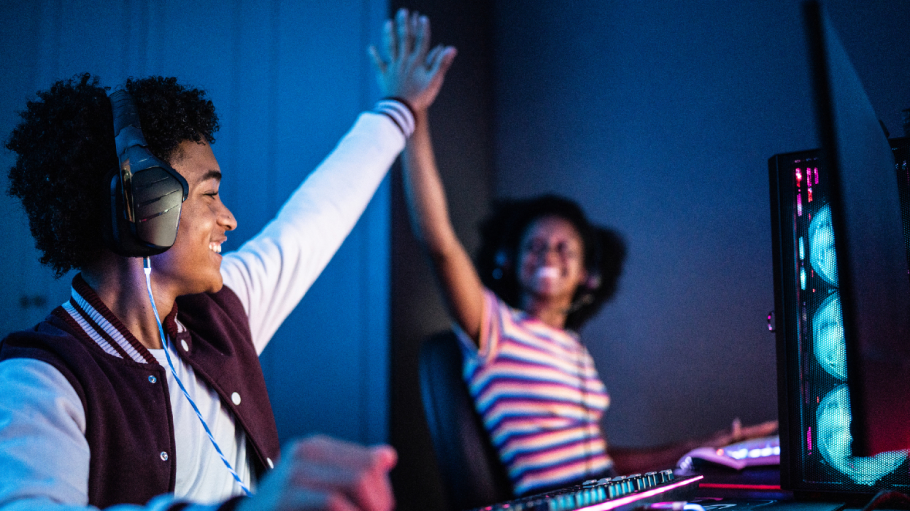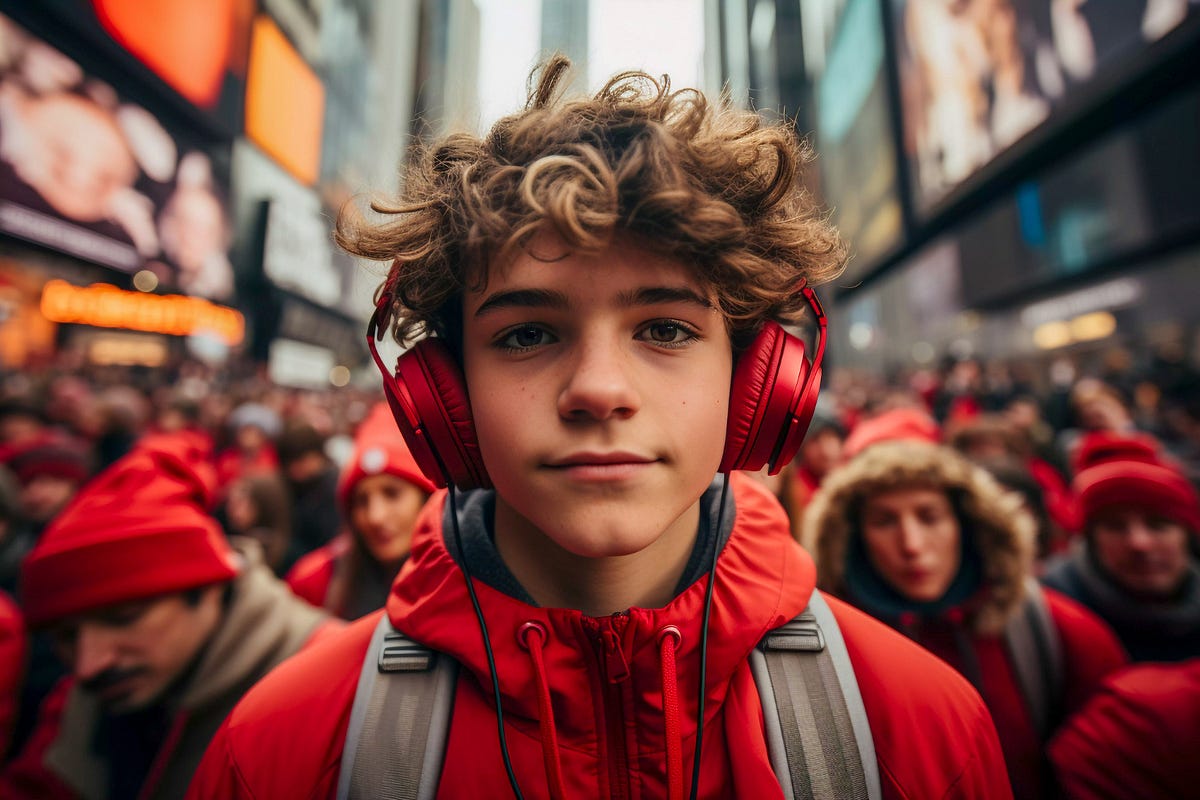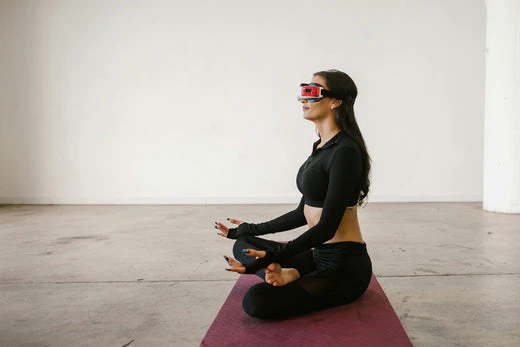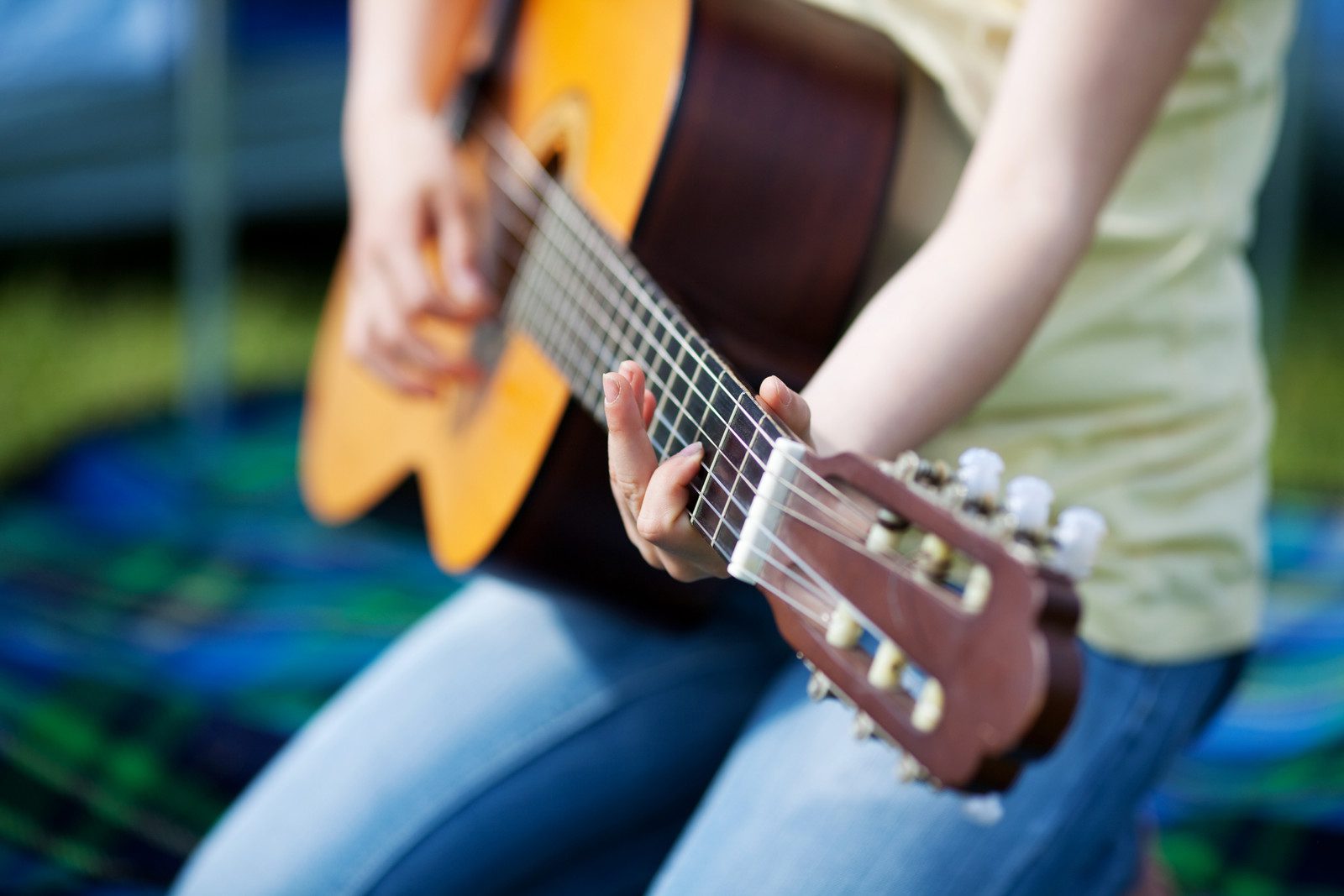Music has always been an essential part of the human experience. From ancient rituals to the latest chart-topping hits, music transcends time, culture, and language, weaving through every moment of our lives. Whether it’s a powerful ballad that tugs at the heartstrings or an upbeat anthem that gets us on our feet, music plays a profound role in shaping our emotions, memories, and even identities.
Music as a Universal Language
One of the most remarkable things about music is its ability to cross cultural and linguistic boundaries. While words may fail to convey deep emotions, the right melody, rhythm, or harmony can speak directly to the heart. Think about the last time a song made you feel a certain way — whether it made you nostalgic, excited, or even motivated to take action. This universal impact is why music is often referred to as a universal language, uniting people from all walks of life, regardless of where they come from or what language they speak.
The Power of Music in Emotional Expression
Music is often a mirror to our inner world, helping us express feelings that words alone cannot. Whether it’s a breakup song that echoes your pain, a triumphant anthem that celebrates success, or a lullaby that brings comfort, music allows us to tap into emotions and experiences that are difficult to articulate. Listening to music can provide relief during tough times, boost our mood during a slump, or even intensify joy during moments of happiness.
Moreover, creating music, whether through singing, playing an instrument, or composing, provides an even more direct form of emotional expression. Musicians often turn to their craft to work through personal challenges, share their stories, or connect with others on a deeper level.
Music’s Role in Healing and Well-being
Beyond entertainment, music is recognized for its therapeutic benefits. Music therapy has been used to treat a variety of mental and physical health issues, including anxiety, depression, and even chronic pain. The rhythm of music can help regulate emotions, while melodies can trigger memories that promote emotional healing. Studies have even shown that listening to music can lower blood pressure, reduce stress, and improve sleep quality.
In hospitals, music therapy is increasingly being used as a complementary treatment, helping patients cope with illness, pain, and recovery. It’s clear that music has the power to heal both the body and mind, offering comfort when words fail.
The Evolution of Music: From Vinyl to Streaming
The way we experience music has drastically changed over the years. The evolution from vinyl records to CDs, digital downloads, and now streaming services has made music more accessible than ever before. Platforms like Spotify, Apple Music, and YouTube give us access to millions of songs at our fingertips, allowing us to explore new genres, artists, and sounds from around the world.
This shift has also influenced the way artists create and share their music. Independent musicians now have a global stage to share their work, while listeners have the power to discover new music that might have been difficult to find in the past. The democratization of music has brought an explosion of creativity and diversity, leading to an exciting era of innovation in the music industry.
The Future of Music: Innovation and Collaboration
Looking ahead, technology continues to transform the music landscape. Virtual reality concerts, AI-generated music, and immersive listening experiences are just a few examples of how technology is reshaping the way we interact with music. The rise of interactive music experiences, such as live-streamed concerts and virtual performances, allows fans to connect with their favorite artists in new and exciting ways.
Collaboration across genres and cultures is also at an all-time high. From K-pop’s global dominance to the fusion of hip-hop with jazz or classical music, we’re witnessing the blurring of boundaries that creates entirely new forms of music.
Final Thoughts: Music as a Lifelong Companion
Whether it’s the soundtrack to your morning commute, the backdrop of a memorable event, or the beat that gets you through a workout, music is always with us. It connects us to our emotions, our communities, and even to ourselves. As the music industry continues to evolve, one thing remains certain: music will always be a source of inspiration, comfort, and connection. It’s the heartbeat of our lives, a constant reminder of our shared humanity, and an art form that will never lose its power to move us.
4o mini









